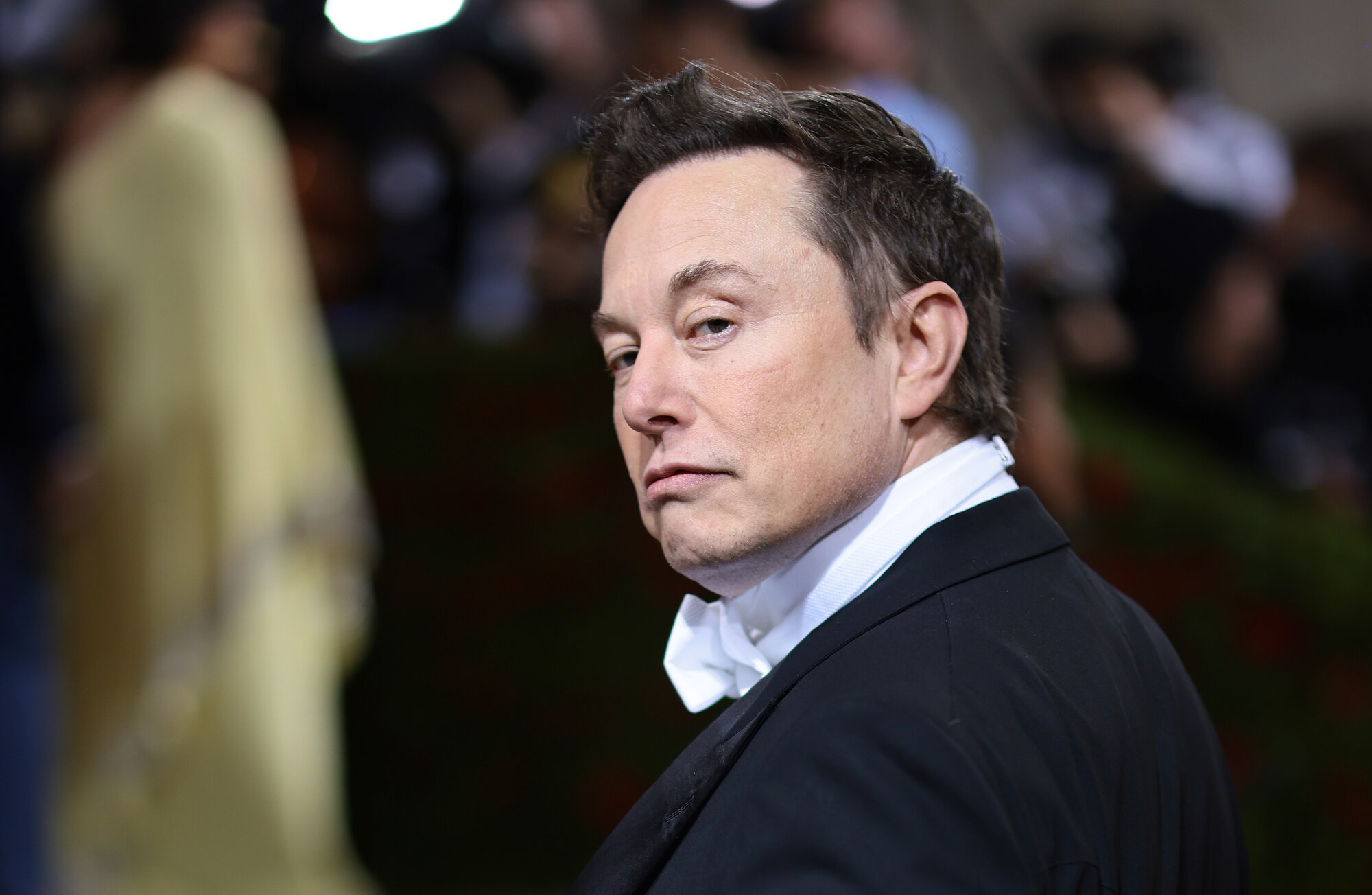At some point this week, if it hasn’t already happened by the time you read these words, Twitter is expected to file suit in a Delaware Chancery Court over Tesla CEO Elon Musk’s decision to back out of his $44 billion bid to acquire the company.
Musk’s stated justification is that Twitter has not been forthright about the degree to which Twitter spam proliferates on the platform. His legions of critics, however, have found that excuse risible. It’s partly over the fact that Musk waved the acquisition’s customary due diligence period to rush the process. But does he have a point?
Elon Musk vs Twitter spam
Always quick to use his own Twitter account, which has more than 100 million followers, to share meme-y posts, Musk over the weekend tweeted out the following in response to all of the hubbub:
So, maybe he plans to pursue that angle in court. But who the hell knows, really, as President Trump said during an anti-Elon rant at a rally in Alaska over the weekend.
The thing is, though, there’s a related consideration worth noting amid all this. A relatively recent third-party audit of Twitter data actually adds some weight to Musk’s reason for wanting to back out of the deal. Long story short? An audit from software firm SparkToro and Followerwonk found that Twitter spam is indeed rampant across the platform. “From May 13-15, 2022, SparkToro and Followerwonk conducted a rigorous, joint analysis of 44,058 public Twitter accounts active in the last 90 days,” SparkToro notes in a blog post.
“These accounts were randomly selected, by machine, from a set of 130+ million public, active profiles. Our analysis found that 19.42%, nearly four times Twitter’s Q4 2021 estimate, fit a conservative definition of fake or spam accounts (i.e. our analysis likely undercounts).”

“70.23% of @ElonMusk followers are unlikely to be authentic”
The audit goes on to add some important clarifications. Its definitions for what constitutes Twitter spam and/or inauthentic accounts, for example, might differ from Twitter’s. Other considerations as to why Musk’s numbers are so high, per the audit’s summary:
- “Large accounts tend to have more fake/spam followers than others.
- Accounts that receive great deals of press coverage and public interest (like ex-President Trump and Mr. Musk) tend to attract more fake/spam followers than others.
- Accounts that Twitter recommends to new users (which often includes @ElonMusk) tend to get more fake/spam followers.”
The audit, meanwhile, also posits another way to measure potential inauthenticity: You can simply look at the number of Musk’s followers who have tweeted in the last 90 days. Under that scenario, you get a much lower estimation of fake followers. Using that model, SparkToro estimates that only 23.4 percent of Musk’s followers represent Twitter spam accounts and the like.
Still, that’s well above the 5 percent estimate that Twitter has shared as a general marker for Twitter spam on the platform.
So, now what?
What happens next, meanwhile, is anyone’s guess. The ensuing legal battle will almost certainly be expensive, protracted — and very strange. Twitter, which hadn’t put itself up for sale to begin with, is poised to file a lawsuit against a mercurial would-be owner who … doesn’t actually want to own the thing anymore.
The company has reportedly hired a powerhouse law firm to force Musk to buy this thing. To buy the company, that is, for the $54.20/share price he officially offered. The share price is down 11 percent today, to around $32.








